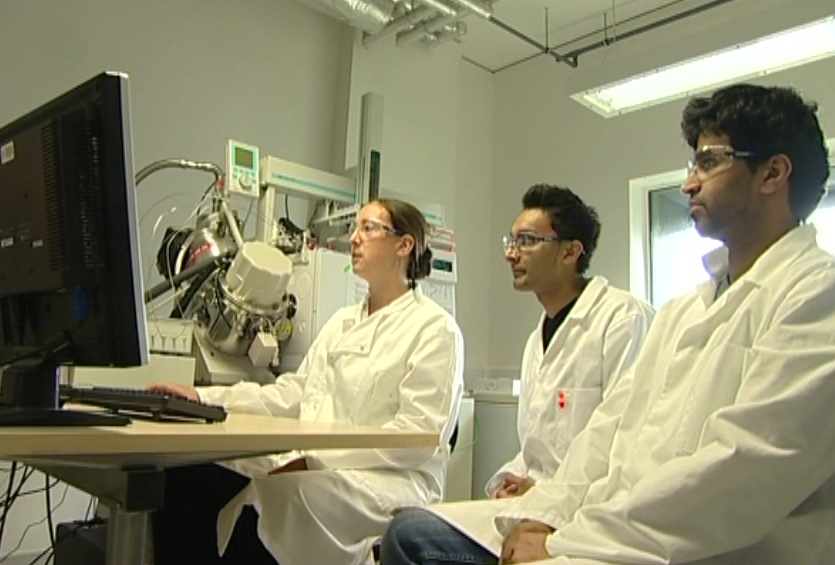Hands-on Advanced Injection for GC and GC-MS

- Duration: 2 days for face-to-face
- Experience level: Advanced
- Delivery methods: Face-to-face | Offsite training & consultancy | Onsite training & consultancy | Tailored training |
- Type of course: Universal
- Applicable to manufacturer(s): Agilent | GERSTEL | GLSciences | PerkinElmer | Scion | Shimadzu | Thermo |
- CPD Approved: Approved
- Scheduled course price: £1,250.00 + TAX per delegate
- Course discounts: RSC CAMS HEaTED members receive a discount on this course

What will you learn on this course?
The 2-day Hands-on Advanced Injection course combines the two advanced GC courses on the Hands-on Multi-Mode Inlets (MMIs) and Programmable Temperature Vapourisers (PTVs) and Large Volume Injection (LVI).
The first day focuses on the added functionalities of PTVs over standard hot inlets as a truly multi-mode inlet. Part of the day will be spent looking at the theory and advantages of cold split and cold splitless injections and the uses for cold-trapping, high final inlet temperatures, large volume injections and additional techniques like thermal desorption and extraction. The remainder of the day will be spent in the lab creating, using and optimising cold injection methods to analyse thermally labile and high molecular weight samples and looking at other PTV techniques.
The second day combines the theory and advantages behind the different large volume injection techniques with “hands-on” practicals to create, use and optimise LVI methods in the laboratory, covering rapid (at once), speed-controlled and multiple large volume injection (LVI) techniques.
Learning outcomes
- You will learn about the various PTV injection techniques and the pros and cons of each type
- You will learn about the various large volume injection techniques and the pros and cons of each type
- You will learn how to select the best techniques for your samples and analytes
- You will learn about and gain practical experience of the individual parameters required to be optimised for each technique
- You will develop a PTV method
- You will develop an LVI method
- You will have examples of applications using the techniques and put some of these into practice in the laboratory
Who is this course for?
This course will enable you to learn about and practice some advanced and powerful GC techniques which could be very useful for your analysis. Delegates should have good knowledge of GC or GC-MS or have attended the Practical Essentials of GC & GC-MS or the Hands-on GC & GC-MS courses.
This course includes:
Feedback from previous attendees
“[I enjoyed the] hands-on practical content.” delegate from an equipment supplier (March 2019).
“[I enjoyed] experimenting in the lab.” Melanie Schumacher, Technical Specialist, Natural Resources Wales (tailored training, January 2019).
“Very good level. Definitely I’ll recommend it! (I enjoyed) the discussions with Diane, her experience is impressive.” Andrea Rangel, Research Technologist, Nova Chemicals, Canada (September 2018).
“Good use of lecture time translating into laboratory exercises to illustrate the point fully.” International analytical sales support from an instrument manufacturer (February 2013).
“Very good content and course material, and allowed time for questions and comments, and good mix between class and hands on.” Senior analyst from an instrument manufacturer (February 2013).
“I learned a lot of little things that can really make a difference but I never thought about.” Claudia Moeckel, Environmental Chemist, attended the Hands-on PTV course (November 2011).

